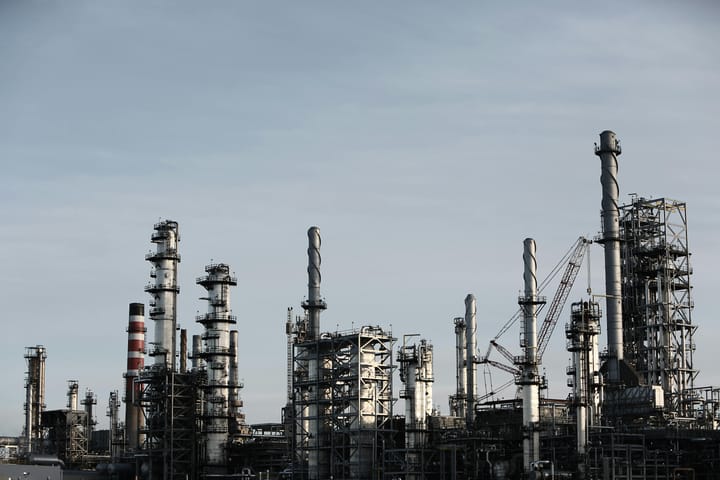G20 oil alliance won’t turn the tide [delayed]
![G20 oil alliance won’t turn the tide [delayed]](/content/images/size/w1200/2022/10/pexels-pixabay-162568.jpg)
Last week, energy ministers from the G20 engaged in a rare display of international cooperation by agreeing to reduce oil supply in an ambitious attempt to raise prices. The deal comes amid a sharp contraction in global economic activity triggered by the coronavirus, which has halved oil prices since the start of the year.
The G20 meeting followed on the heels of an agreement by Opec+ to cut production by 10m barrels per day (bpd) in May and June. The Opec+ deal was finalised on Sunday and represents the biggest output cut in history. Russia and Saudi Arabia (who lead the alliance) are expected to shoulder most of the burden. A further 5m bpd could be forced offline by other G20 countries, principally the US.
While supply cuts seemingly undermine Russia’s ambition to reclaim market share from the US (which became the world’s largest oil producer in 2018), energy traders correctly anticipated the prospect of a G20 oil alliance. Indeed, Friday’s deal had a muted impact on prices, with Brent crude (the international benchmark) trading slightly lowerat the start of this week.
Market participants are mindful that supply cuts will be dwarfed by the historic drop in demand prompted by Covid-19. According to Capital Economics, measures to contain the spread of the virus – namely travel restrictions and business closures – have slashed global oil consumption by up to 30m bpd. As such, G20 members still have a mountain to climb to restore market balance and lift prices.
That said, both Russia and Saudi Arabia will be pleased with the outcome of the meeting. The deal should provide breathing space for their flagging economies (oil receipts account for a significant share of state revenues in both countries), and patch up diplomatic relations after they locked horns in a battle for market domination last month.
Friday’s agreement will also please President Trump, who claimed to be the deal’s broker whilst refusing to make formal commitments to lower US output. Crucially, the US shale sector was already struggling under the pressure of near-record low prices before well before Friday’s agreement. Many small firms are on the brink of idling production, obviating the need for government quotas in the first place.
Despite expressing fierce criticism of Opec in the past, Trump has thus become an unlikely champion of market collusion (even hinting at supply cuts on Mexico’s behalf before they reluctantly signed up to the agreement), whilst simultaneously employing free-market principles to achieve his aim of higher prices. Unsurprisingly, Friday’s agreement received strong support from US oil majors.
On the other hand, Friday’s pact will prove cold comfort for non-G20 petrostates who continue to face heightened risks from lower energy prices. Algeria, for instance, requires Brent to trade at $110 per barrel to balance its national budget. Elsewhere, beleaguered authorities in Iraq are facing simmering pressure from months of anti-government protests, with limited access to security resources.


